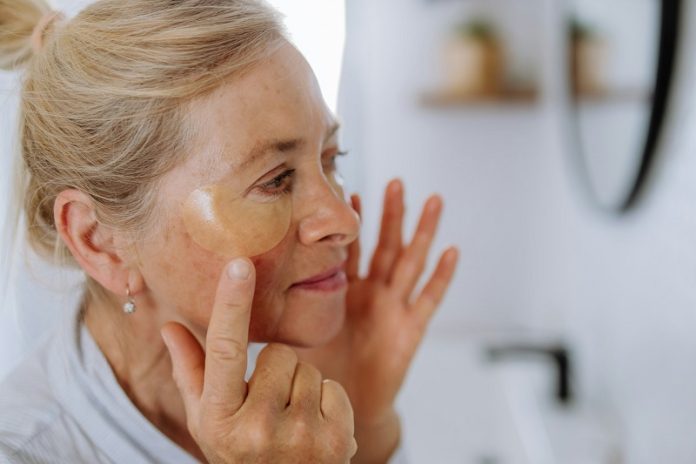
Why do some older adults stay active and resilient while others become frail and vulnerable?
A new study from Karolinska Institutet in Sweden suggests that our genes may play a big role.
Frailty is a condition in which the body loses its ability to bounce back from everyday challenges. It increases the risk of falls, infections, hospitalization, and even early death.
While aging is the biggest risk factor, not everyone experiences frailty in the same way or at the same age.
In research published in Nature Aging, scientists examined the DNA and health records of nearly one million people from Finland and the United Kingdom.
They were looking for genetic patterns linked to frailty.
Their large-scale analysis uncovered hundreds of genetic variants connected to brain function, immune system performance, and metabolism—three systems that are critical for maintaining health and resilience in later life.
“Our results show that frailty is not caused by a single factor, but by many genes that affect how our immune system, brain, and metabolism work,” said Associate Professor Juulia Jylhävä, the study’s senior author from Karolinska Institutet’s Department of Medical Epidemiology and Biostatistics.
“Some of these genes are completely new discoveries.”
The findings suggest that a person’s genetic risk of developing frailty can be measured—potentially long before the symptoms appear. In the future, genetic testing might make it possible to identify people at higher risk as early as middle age. This would give doctors and individuals more time to take preventive steps, such as improving diet, increasing physical activity, and monitoring health more closely.
The researchers believe that understanding the genetic roots of frailty could also lead to new medical approaches. If specific biological pathways linked to frailty are identified, they could become targets for drugs or other treatments aimed at slowing its onset or reducing its severity.
“This opens the door to new ways of improving health in older people,” Jylhävä said. “If we can identify those at risk early, there’s still time to act before frailty develops.”
The study was a collaboration between Karolinska Institutet and Tampere University in Finland, bringing together expertise in genetics, epidemiology, and aging research.
While more work is needed to understand exactly how these genetic factors interact with lifestyle and environment, the findings offer fresh hope for predicting and preventing one of aging’s most challenging conditions.
If you care about wellness, please read studies about how ultra-processed foods and red meat influence your longevity, and why seafood may boost healthy aging.
For more health information, please see recent studies that olive oil may help you live longer, and vitamin D could help lower the risk of autoimmune diseases.
Source: Karolinska Institutet.



